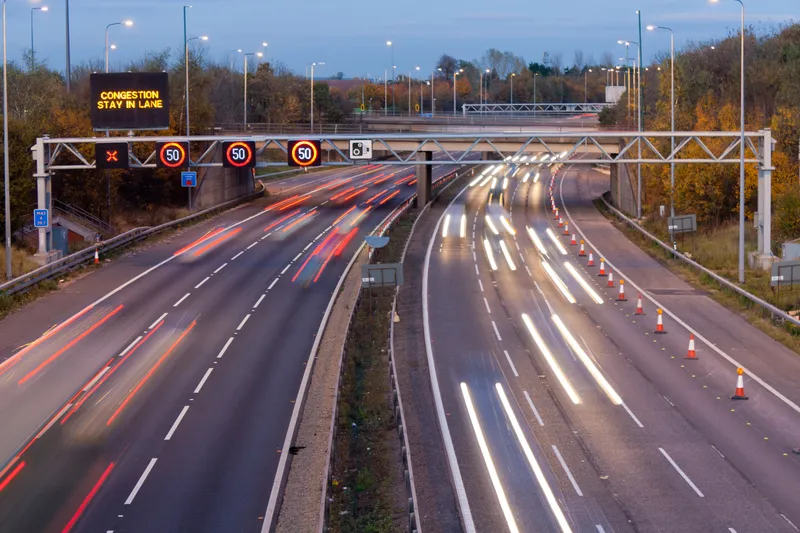Following a vote on the 2018
She went on to say that in a period of great uncertainty for the next EU budgets due to Brexit, it is very important that the EU secures and speeds up research and innovation programmes such as SESAR, Clean Sky, Shift2Rail that she considers as one of the best success when it comes to decarbonisation of transport and safety.
She continued, “Secondly, the TRAN Committee underlines that citizens are at the heart of our policies, by supporting the InterRail experiment, which will give to the young generation this amazing opportunity to explore this unique freedom of movement across countries that Europe allows.
“There is also a lot to achieve in regard to infrastructure, to better connect Member States, to adapt them to new technologies. The Juncker Strategic Fund should help create a European network that is effective and clean for citizens and the transport sector."
EU budget ‘should help speed up research for decarbonisation of transport’
Following a vote on the 2018 European Union general budget by the Transport and Tourism Committee (TRAN), chair Karima Delli said that, by adopting its 2018 budget, the TRAN Committee has given clear priorities for the future of mobility in the EU. She went on to say that in a period of great uncertainty for the next EU budgets due to Brexit, it is very important that the EU secures and speeds up research and innovation programmes such as SESAR.
September 1, 2017
Read time: 2 mins










